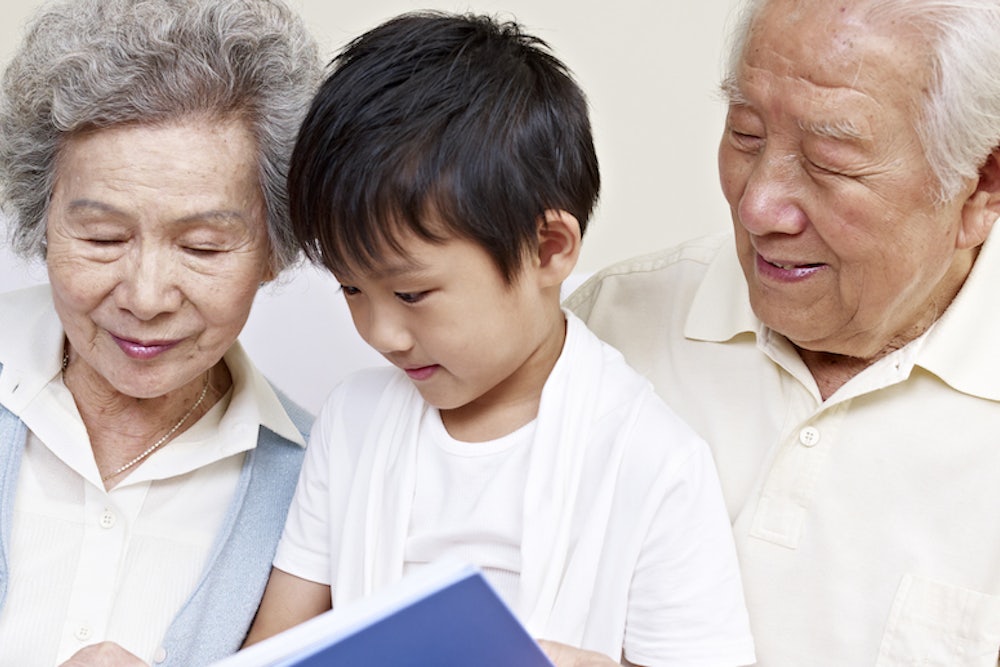When Sam Polk took to the New York Times last weekend to bemoan his own greed, he was joining a long tradition. In a Sunday column, Polk described the joylessness with which he earned a $3 million year-end bonus at age 30 while climbing the ladder at a hedge fund. In contrast to Jordan Belfort, aka the Wolf of Wall Street, Polk wasn't plagued by addictions to drugs or alcohol (he got sober as an undergraduate). Polk was addicted to the accumulation of wealth and saw no end in sight. His story serves as yet another cautionary tale about money and happiness in an era that's replete with them. Such cautionary tales, in fact, are not just for poets and unhappy ex-bankers anymore.
Happiness economics, a nascent field that began in earnest during the 1970s, relies on behavioral economics and social psychology to investigate what makes people happy. It starts with Richard Easterlin’s research into GDP and overall happiness levels. He found that rich nations are on-balance happier than poor nations, but once wealth reaches a certain point, there isn't a clear relationship between money and happiness. Happiness economists have spent the last 40 years working on an answer to Easterlin’s paradox. One answer—which happens to be the kind publishers love—involves looking at what people decide to spend their money on. In Happy Money: The Science of Smarter Spending (reviewed in The New Republic by Cass Sunstein), Elizabeth Dunn and Michael Norton find that people who invest in positive experiences as opposed to material objects are more likely to be happy. They also find that experiences shared with family and friends tend to generate more enjoyment than solo activities. It makes more sense for a family of four to spend its holiday gift budget on a vacation instead of buying a sports car to be driven by one parent. While these results are illustrative, they do not help people determine what experiences are worth investing in.
Now an upcoming paper for The Journal of Consumer Research drills further into the question of experience. And it turns out happy humans are less keen on special experiences than they are on mundane ones. In "Happiness from Ordinary and Extraordinary Experiences," Amit Bhattacharjee and Cassie Mogilner argue that a person’s age is instrumental in determining his overall level of happiness. As people age, they are more likely to appreciate ordinary experiences whereas, in the past, they were prone to be forward-looking and to seek extraordinary experiences to imbue their young lives with meaning. What are ordinary and extraordinary experiences? Conducting eight different surveys ranging from 200 to 400 participants, Bhattacharjee and Mogilner consistently found that people were able to distinguish between these two categories when judging themselves, as well as when they were outsiders evaluating others.
Examples of ordinary behavior included:
- Got a good morning hug and kiss from my fiancé before he left for work;
- I noticed my plants were growing in the garden;
- Spent time with my wife watching a movie;
- Went for a bike ride;
- Received a text from a good friend.
Examples of extraordinary behavior included:
- Giving birth to my son, at home, unassisted;
- I went fishing for the first time at a lake in Alaska where I gutted the fish myself and fried it for dinner;
- I got married;
- I got to see Bob Dylan in concert in Kansas City.
Age is the critical factor because older people are more attuned to their own mortality. Bhattacharjee and Mogilner write “younger people with ample time remaining tend to pursue goals that will prepare them for the future, while older people with limited time left tend to pursue goals that are emotionally satisfying in the present.” A 22-year-old is more likely to take a risk and go on an adventure because his happiness is rooted in his desire to gain life experiences. A 52-year-old is more likely to appreciate a small token of kindness and gain even more pleasure from reciprocating.
For the 22-year-olds reading this, remember YOLO. It may be key to your long-term happiness. And don't forget to text your grandmother; it may be key to hers.
Image via shutterstock.com.
